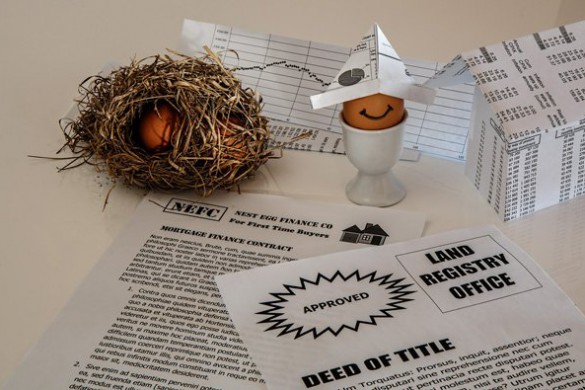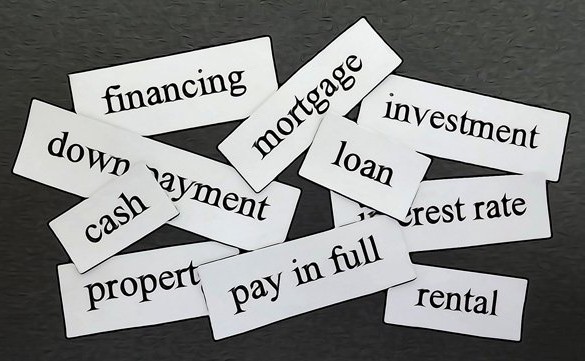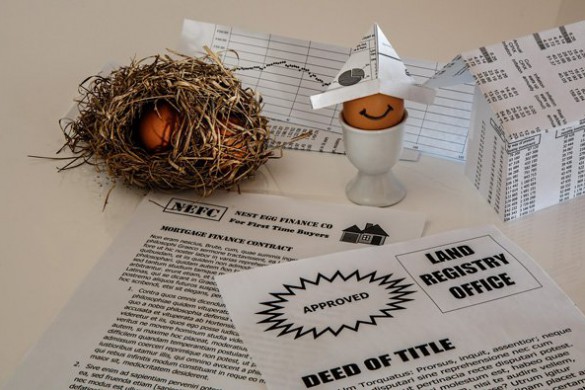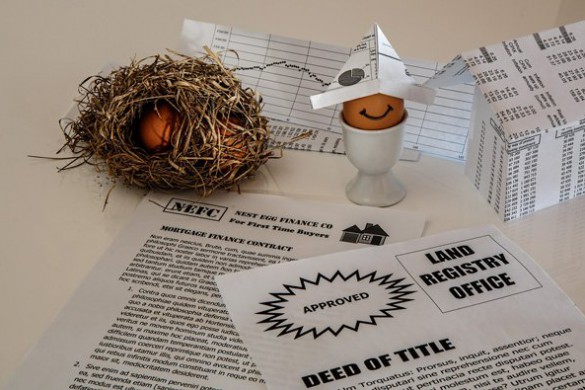
Saving money in a recession isn’t an easy task, but it is one that you can accomplish. Lots of ideas are presented here including ones that can be incorporated into your short and long-term budget.
You have to keep in mind that eventually the economy will bounce back, and all will be right with the financial world once again. Until that time, you need to do what you can in order to survive to the best of your ability.
And that includes learning how to save money.
In a recession, this won’t be an easy task. It is difficult enough to cope with a decrease in disposable income and the increase in the average daily cost of living without the added worry of whether or not you are going to have a job in the near future.
Fortunately, these strategies can be used to help you save money in a recession.
This is an opportunity to follow that mantra “keep up with the Joneses.” After all, they are in the same boat as you are and you can learn something by watching them. You’ll see your neighbors are receiving fewer deliveries from Fed Ex/UPS, bringing in fewer grocery bags, repairing their current cars rather than buying new ones, and staying home, rather than taking an extended vacation.
Use the strategies the Jones family uses to cut back, trim expenses, and survive the recession without incurring more debt.
If you cut back on your discretionary spending, you will accomplish two important results.
- First, you will effectively lower your debts and
- You will find the moneyyou need to build up your savings.
Start by creating a list of all expenses so that you can see where your money is going. Identify those expenses that cannot be lowered in any way as well as expenses that can be eliminated entirely (or at least temporarily). Then, find less expensive alternatives.
Create a new spending plan. Take your disposable money or discretionary funds and divide it in half. Put one half into a savings account immediately and spend the other half as necessary. This way, you still get to enjoy having new items or buying yourself treats, but you also begin to create savings that you can fall back on if you need it. Avoid shopping as a recreational or leisure activity.
- If you stay out of the stores and avoid shopping online, you are bound to spend less money. Try store brands in place of name brands to save on grocery costs or grow your own vegetables.
- Limit the number of times that you dine out, or eat at less expensive times such as lunchtime or breakfast hours.
- Learn how to swap, trade, or borrow tools and services that you need instead of buying them.
- Exchange houses with family for vacations in order to save on the cost of accommodations.
- Discover yard sales to pick up low costs items (or sell what’s in your garage)!
- Leave your credit cards home and return to a cash-only policy of spending. You’ll spend less money and cut back on credit card debt. Once you reduce your minimum payment, take the extra money and place it into a savings account each month.
Once you start to save money, you’ll discover new ways to do it. Make it a family project…but recession or not, make it a family habit for years to come!
Since 2002, Joseph Shalaby has been a licensed real-estate broker and licensed mortgage agent. He is a nationally-known mortgage expert and has specialized in mortgage loans for people with bankruptcies, foreclosures and with other credit issues, as well as commercial mortgages. He is currently the President of EMortgageCapital.com, a premier nationwide mortgage lender.










